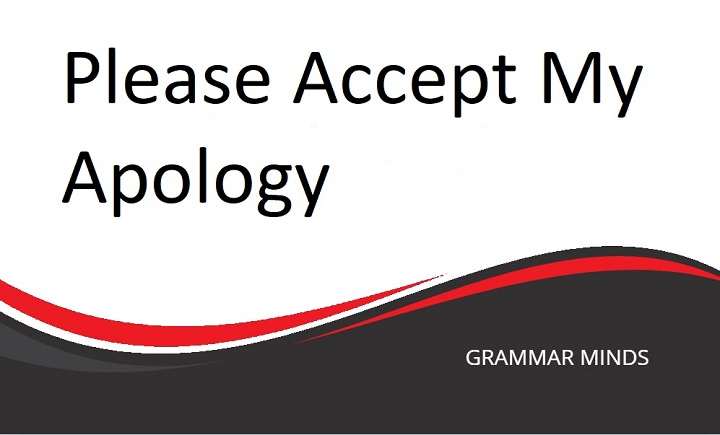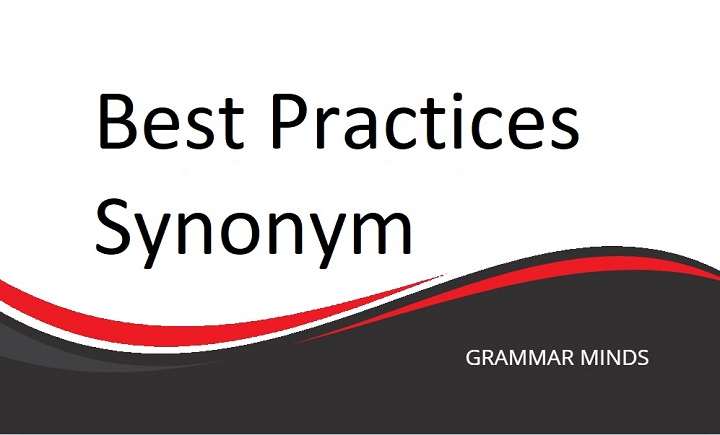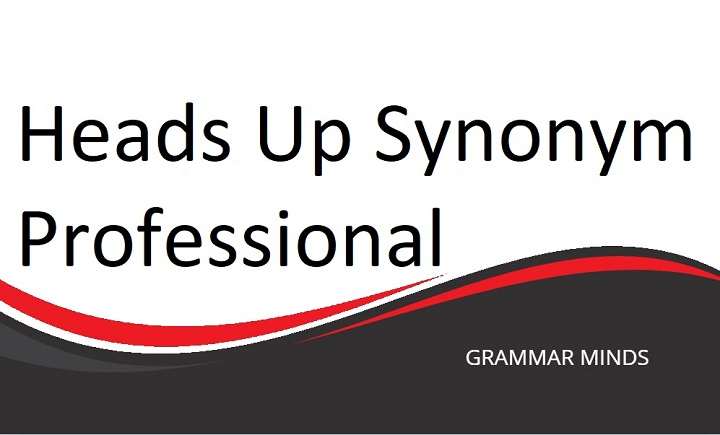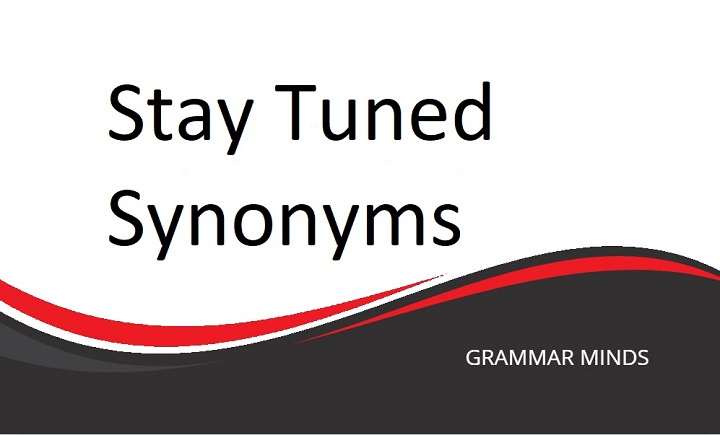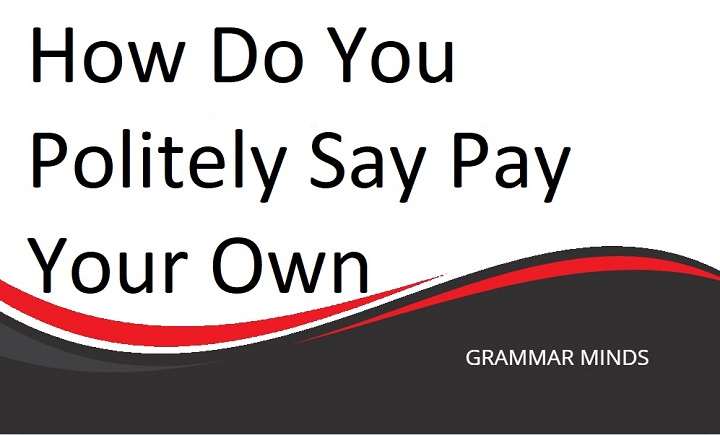In both personal and professional life, it’s inevitable to make mistakes. When those moments arise, one of the most common phrases we use to express remorse is “please accept my apology.” But do you find yourself using this phrase repeatedly? Does it feel a bit monotonous when communicating in your professional emails or personal conversations?
If you’re growing tired of this repetitive expression or looking to add some variety to your conversations, don’t worry! In this article, we’ve compiled a list of handy alternative phrases that will allow you to express your apology in different ways, making your conversations sound more polished and thoughtful.
Do You Find Yourself Saying “Please Accept My Apology” Repeatedly?
Apologizing is a crucial skill in communication, and using the same phrase over and over can feel impersonal, especially in situations where you want to show genuine remorse. Whether you’re apologizing to a colleague in a professional email or expressing regret to a friend, there are numerous ways to say “please accept my apology” without sounding repetitive.
The phrase itself is grammatically correct and widely used, but it can
Also Read
Discover the Best Synonyms for “Feel Free” to Enhance Your Conversations
sometimes feel a bit overused. To help you refresh your vocabulary and improve your communication, we’ve compiled a list of alternative ways to apologize politely, whether you’re in a formal or informal setting.
Other Ways to Say “Please Accept My Apology”
I Sincerely Apologize
This is a formal and heartfelt way to express your apology. It adds sincerity and depth, making it a great option for both professional and personal contexts.
I Am Truly Sorry
A slightly more informal alternative, this phrase conveys genuine remorse and is ideal for conversations with people you are close to. It’s direct and sincere.
I Regret What Happened
This phrase works well in professional settings where you want to express that you take full responsibility for your actions without sounding overly emotional.
My Apologies
Short and sweet, “my apologies” is a simple way to say you’re sorry. It’s versatile and can be used in both formal and casual situations.
I Take Full Responsibility
If you’re looking to show accountability, this phrase is a powerful way to convey that you own your mistake. It’s especially effective in business communications.
I’m Sorry for the Inconvenience
When your actions cause minor trouble for someone, this phrase is a polite way to acknowledge the inconvenience and express regret.
I Owe You an Apology
This is a slightly informal way to express that you recognize you’ve done something wrong and owe the other person an explanation or an apology.
Please Forgive Me
A more emotional and personal phrase, “please forgive me” is ideal when speaking to someone you have a close relationship with and want to repair a rift.
I Apologize for My Mistake
This is another formal way to apologize, focusing on the mistake rather than on asking for forgiveness. It’s ideal for professional settings.
I Was Wrong, and I’m Sorry
This phrase shows humility and honesty, making it perfect for personal conversations where you want to admit fault and seek reconciliation.
Key Notes
While “please accept my apology” is grammatically correct and appropriate for both formal and informal situations, it can sometimes feel a bit basic or overused. Here’s a quick breakdown of the alternatives we’ve provided:
- “I sincerely apologize” is suitable for formal situations, such as emails, meetings, or professional communications.
- “I am truly sorry” is great for informal contexts, such as conversations with friends or family.
- “I regret what happened” is ideal for professional settings where you need to express regret without getting too personal.
- “My apologies” can be used in both formal and casual settings, making it a versatile phrase.
Keep reading to discover how to use these phrases effectively in both formal and informal situations, with real-life examples to help you incorporate them into your conversations.
I Sincerely Apologize
Usage:
If you’re looking for a more formal way to say “please accept my apology,” try using “I sincerely apologize.” This alternative adds a touch of professionalism and sincerity, making it ideal for use in business environments, emails, or official meetings.
Example (in an email):
Dear Mr. Johnson,
Thank you for your prompt response. I appreciate your efforts in handling the matter and hope we can move forward without issue.
I sincerely apologize for the confusion caused by my previous email.
Best regards,
Sarah White
I Am Truly Sorry
Usage:
A more informal alternative to “please accept my apology” is “I am truly sorry.” This phrase works well in personal conversations where you are speaking to people you know well, such as friends, family, or close colleagues.
Example (in conversation):
Hey Sarah,
Thanks for helping out with the project yesterday. I am truly sorry for not giving you the full details earlier, and I’ll make sure to provide more clarity next time.
Catch you later!
I Regret What Happened
Usage:
When you want to keep things professional without sounding too emotional, “I regret what happened” is a polished alternative. This phrase works well in professional environments where you need to convey accountability and professionalism.
Example (in a business setting):
Dear Mr. Thompson,
I regret what happened during the meeting and understand the impact it may have had on the project timeline. Moving forward, I will ensure that the oversight is not repeated.
Thank you for your understanding.
Is It Correct to Say “Please Accept My Apology”?
Yes, “please accept my apology” is grammatically correct and widely used in both formal and informal settings. It is versatile enough to be used in emails, professional conversations, and even casual chats with friends. However, using alternatives like the ones listed above will allow you to diversify your language and sound more sincere and thoughtful.
Additionally, slight variations of the phrase can be used to add freshness to your apology. For example:
- “Please accept my sincere apologies.”
- “Kindly accept my apology for any inconvenience caused.”
- “Please accept my heartfelt apology.”
Each of these variations helps to convey your message in a different tone, depending on the level of formality required.
In conclusion, “please accept my apology” is a perfectly acceptable and grammatically correct phrase that works in both formal and informal settings. However, if you want to add variety to your language and avoid sounding repetitive, the alternative phrases provided in this article are perfect for expressing remorse in a more nuanced and thoughtful way.
Whether you’re writing a professional email, speaking to a colleague, or apologizing to a friend, these alternatives will help you communicate more effectively. By diversifying your apologies, you can express sincerity and accountability in every situation, making your words feel more genuine and meaningful.

